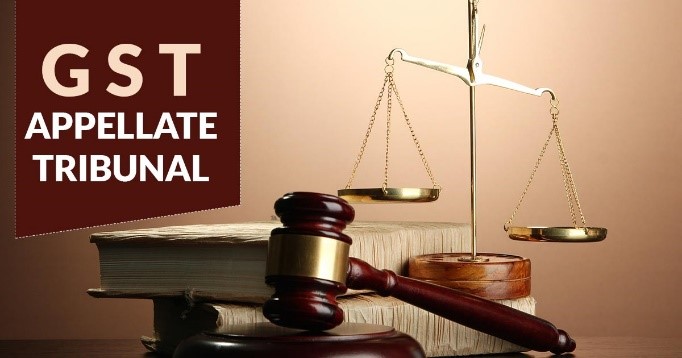Description

Disclaimer: Copyright infringement not intended.
Context
- A four-member appellate tribunal is likely to be set up in each state in order to streamline and expedite the dispute resolution process with regard to Goods and Services Tax (GST).
Goods and Service Tax Appellate Tribunal (GSTAT)
- The Central Goods and Service Tax Act, 2017 (CGST Act) mandates the constitution of a Goods and Service Tax Appellate Tribunal(GSTAT) and its Benches. GSTAT would be a specialized appellate authority for resolving disputes.
- The GSTAT is envisaged as the body that will help adjudicate and resolve disputes around the indirect tax scheme and protect the rights of taxpayers and the revenue interests of the union and state governments.
.jpeg)
Delay in setting up of GSTAT
- GSTAT has not yet been applied even after 5 years of GST execution.
- Multiple reasons exist for the late GSTAT creation such as the qualification and experience criteria of technical members, the number and constitution of Benches, and the figure of a search and selection committee.
The proposed composition of GSTAT
Four-member Tribunal
- A four-member appellate tribunal is likely to be set up in each state.
Balance of Technical and Judicial Members
- Each state appellate tribunal would have two technical members (one officer each from the centre and states) and two judicial members.
- The judicial members will be selected from a panel of serving or retired High Court and District Court judges.
Division Bench
- A division bench comprising two members -- one technical and one judicial -- will decide the appeals brought before it.
- As per the proposal, each state appellate tribunal will have two division benches and thus will be able to deal with more appeals.
National Appellate Tribunal
- There will also be a National Appellate Tribunal, which would be set up in Delhi. It will comprise one judicial member and one technical member.
- The national appellate bench will mainly look into appeal cases on disputes between the department and assessee over the 'place of supply' under the GST regime. It, however, will not take up any appeal with regard to divergent rulings by state appellate tribunals.

Tribunal Head
- The Goods and Services Tax (GST) Appellate Tribunal is likely to be headed by a former Supreme Court judge or a former Chief Justice of a High Court.
Dispute Resolution by Single Bench
- Framework of GST Tribunal is likely to permit the resolution of disputes involving dues or fines of less than Rs. 50 lakh by a single-member bench.
Steps Ahead
- Comments from states have come in with respect to the constitution of appellate tribunal.
- There would be further discussion between the Central and state tax officers and thereafter amendments to GST law would be proposed for approval by Parliament.
Need of setting up GST Tribunal
- Currently, taxpayers aggrieved with the ruling of tax authorities are required to move respective High Courts.
- The resolution process takes longer time as High Courts are already burdened with a backlog of cases and do not have a specialized bench to deal with GST cases.
- Setting up of state and national level benches would pave the way for faster dispute resolution.
It is time that the GST Tribunal takes birth without further delay and starts addressing the mounting litigations, expeditiously.
|
PRACTICE QUESTION
Q) An expeditious constitution of an appropriate appellate structure in the form of National and Sub-national Benches of GST Tribunal will provide an effective and speedy resolution of disputes. Analyse.
|


https://www.thehindu.com/business/gst-appellate-tribunal-may-be-headed-by-a-former-supreme-court-judge/article66653587.ece













